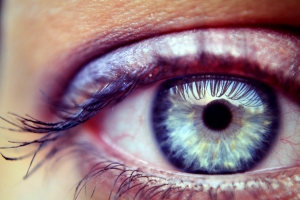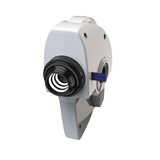Scientia Professor Nigel Lovell and Associate Professor Gregg Suaning have received the Bartimaeus Award for internationally recognised contributions to the field of vision restoration by way of neural prosthesis.
"This award is among the highest honours one can receive in our field, which investigates the development of implantable vision-restoring devices. It is certainly the highest honour I've received," Suaning from the Graduate School of Biomedical Engineering (GBME) said.
"It was actually a real shock when our names were announced," Lovell said, also from the GBME.
"We certainly weren’t expecting it, but are both very excited and humbled to receive this honour."
Suaning and Lovell spearheaded the bionic eye research effort at UNSW more than a decade ago, when they were tearing apart old stereos and children’s toys to salvage electronic components for their devices.
Now their UNSW team is part of Bionic Vision Australia and leads the development of the wide-view device, the first of two prototypes aimed at restoring vision in people with degenerative retinal conditions.
The key feature of the device is an implant with 98 electrodes, which will stimulate surviving nerve cells in the retina – a layer of tissue at the back of the eye that converts light into electrical signals and vision.
With the bionic eye, images captured by a camera are processed by an external unit, such as a smart phone, and then relayed to the implant’s chip. This stimulates the retina, sending electrical signals into the brain where they are decoded as vision.
The device, which could be ready for patient testing by 2013, will enable people - as a minimum - to better differentiate between light and dark, and to navigate around their surroundings more independently, Suaning said.
The Bartimaeus Award is presented every second year by the Detroit Institute of Ophthalmology at their World Congress on Artificial Vision.






















%20(1)-160x160-state_article-rel-cat.png)


